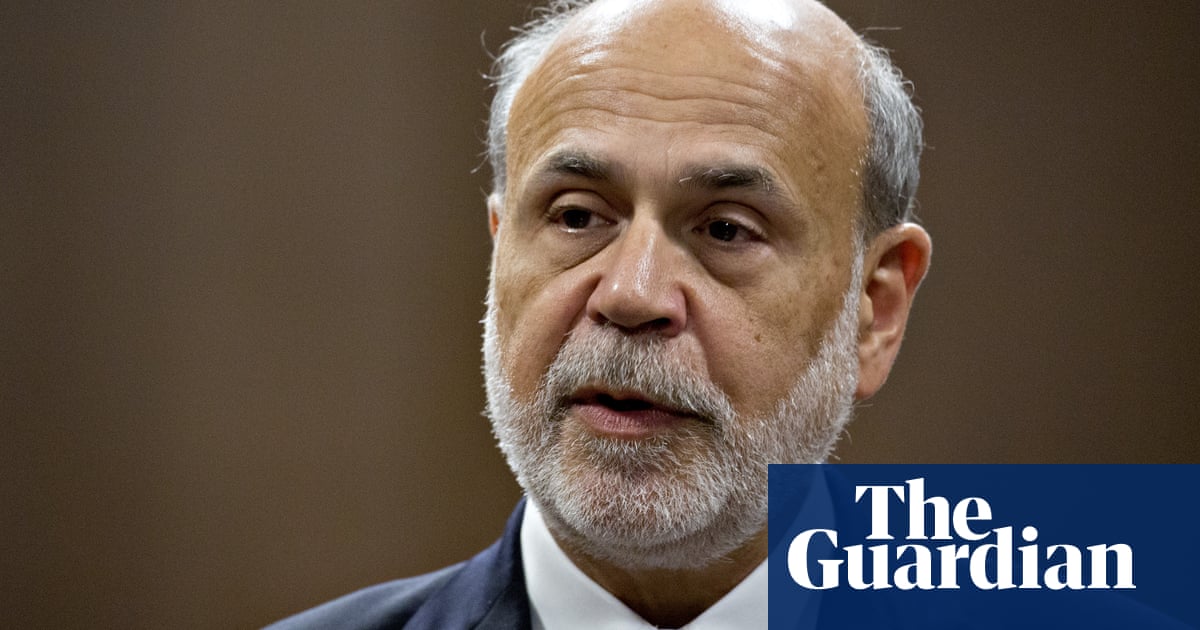
Priti Patel faced days of public and private opprobrium before the Home Office made a U-turn on Thursday and decided to halt Ukrainian visa appointments for passport holders. But has the prime minister already lost faith in the home secretary?
One cabinet source said Boris Johnson had been perturbed by the volume of negative headlines around the low number of refugees being granted visas, and speculated that Patel’s future would again come under discussion at the summer reshuffle.
They highlighted the cover of this week’s Spectator magazine – formerly edited by Johnson – which featured a cartoon comparing the UK’s bureaucratic response with that of other EU nations.
Another MP said: “Priti is fundamentally opposed to a more liberal system, yes, but the other issue is that she just cannot do effective, fast-paced delivery.”
Allies of the home secretary say that criticism is deeply unfair; that officials are working 15-hour days to set up new systems from scratch and respond to changing humanitarian and security situations. They predict a significant rise in visa numbers by the end of the week, to about 5,000.
The change Patel announced in response to an urgent question in the Commons on Thursday – to remove the need for Ukrainians with passports to make visa appointments – was hastily drafted in the previous 24 hours when officials realised the scale of the bottleneck in visa centres that are normally equipped to deal only with a handful of student or work permits.
It has been a week of punishing criticism for the home secretary from her own MPs in parliament, including claims that had to be retracted about staffing in Calais and appointment wait times. Distraught families were banging on the windows of the Rzeszów visa centre when staff told them they were only able to see up to 100 applications in a day.
The Tory MP Roger Gale said that Patel’s behaviour this week would “have been a resigning matter under any normal administration”. Another, Alec Shelbrooke, told the immigration minister Kevin Foster that the operation of the scheme was “a disgrace”.
On Tuesday, sources said Patel was given an uncomfortable grilling by cabinet ministers about the UK’s response at their weekly meeting. One cabinet source said it was “not a slanging match but more like an interrogation”.
Grant Shapps, the transport secretary, cross-examined Patel repeatedly on the details of what was on offer and how support could be accessed. “She floundered a bit,” the source said.
Others who have expressed frustration at the management of the scheme are the foreign secretary, Liz Truss; the defence secretary, Ben Wallace; and the health secretary, Sajid Javid. On Wednesday, Javid’s department organised a separate plane to bring about 20 critically ill children to the UK for treatment.
Several cabinet ministers have let their frustrations out during broadcast interviews when they have been repeatedly questioned about the failures. Shapps told broadcasters that “lessons will be learned” about how the response can be co-ordinated.
A Patel ally did not deny there were tensions with the prime minister but said they did not think the home secretary had lost his confidence. “The PM just wakes up and looks at the headlines and then moans about it,” they said. “Generally they have a pretty good relationship compared to almost anyone.
“She’ll come speak to him, they see eye-to-eye on a lot. She likes him and she’s taken a lot of blows for him. But of course it’s difficult when there are just volumes of these tragic stories every single day in every paper.”
Backbenchers describe feeling as if they have been slamming into a brick wall. Patel was urged internally to hold a video conference to explain the visa system to MPs but decided instead to send a “dear colleague” letter.
There were also plans for her to make her own statement in the chamber, but events have forced announcements to be made at multiple urgent questions in the Commons.
There is a broad view among MPs and officials that a wider Home Office culture – beyond Patel – is also at fault. One Whitehall source said Home Office officials genuinely believed its main problem was communication.
“If you’ve got people banging on the doors of the office in Poland, that’s more than a comms problem.”
Constant redrafting of the visa conditions has led to officials needing to hold thrice-daily briefings – more than any other situation has merited since Patel took over. One Whitehall source said there were genuine security concerns, citing the discovery of fake Ukrainian passports for sale.
“Over there are these Chechens groups, the Wagner Group mercenaries – her critics just aren’t seeing the stuff she’s seeing,” the source said.
Others named a combination of difficult delivery, inflexibility and ideology for the endless negative headlines. “Fundamentally, cutting immigration dominates people’s thinking,” a former official said. “They see their job, from when they wake up in the morning, as stopping people getting into this country. But actually, that’s not their job.
“Their job is to enforce our immigration policy – which does include letting some people in. Senior people are in that building now, reading these horrendous stories in the press and they are like: ‘Argh, fuck, why is this happening again?’ But if the general culture is to find ways of keeping people out, it’s not a surprise really.”












